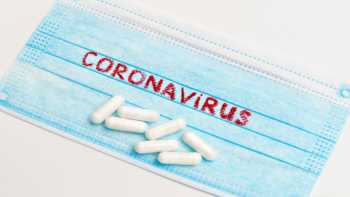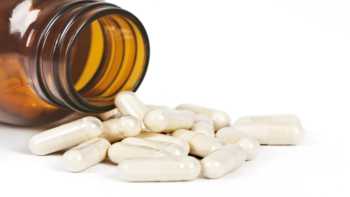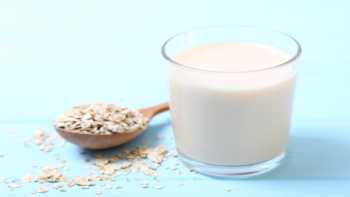Do any supplements help with COVID-19? Do supplements like vitamin D, zinc, vitamin C, or herbals work?
Find out if natural remedies & supplements for coronavirus such as zinc, vitamin C, garlic, or elderberry help to prevent or treat COVID-19.

What is lactoferrin and will it really strengthen my immune system?
Info about lactoferrin supplements, clinical evidence for strengthening the immune system, preventing or treating colds, gut health and treating H.

Which vitamins and supplements are good for acne, and are there any that make it worse?
Information about supplements for acne and clearer skin. Plus, find out which vitamins and supplements can make acne worse.

I enjoy oat milk in my coffee, but how healthy is it for me?
Is oat milk healthy? Information about oat milk contents, how much sugar and calcium is in oat milk, and if it is a healthy alternative to cow milk.

Can eating almonds reduce wrinkles or have other health benefits?
Find out if eating almonds can reduce wrinkles or improve aging skin.

Which foods and supplements contain lead, cadmium, or arsenic?
Discover which foods and dietary supplements contain lead and other metals, the limits, who’s testing, and how to stay safe.

I have IBS and don't want to take medication if I can help it. I've heard that peppermint works for IBS, but is there good research to support this?
Information about using peppermint oil for irritable bowel syndrome (IBS), including clinical evidence, dosage, safety and more.

How do the Beyond Burger, the Impossible Burger, and a beef burger compare in terms of vitamins and minerals, and which is best?
Read our comparison of the Beyond Burger and the Impossible Burger, plant-based, meat alternative burgers. Compare nutrition, vitamins and minerals. ConsumerLab.com's answer explains.

Can drinking coffee prevent gallstones? Can supplements help?
Information about the impact coffee has on gallstone disease. Plus, supplements that have been proposed to help with gallstone pain.

Do water filters remove microplastics from tap water?
Find out if water filter pitchers and faucet mounted filters from Brita, Pur, Lifestraw and other brands remove microplastics from tap water.






